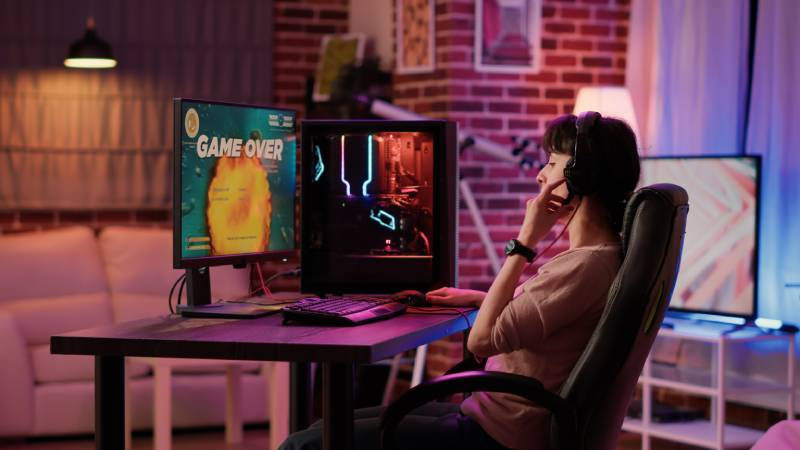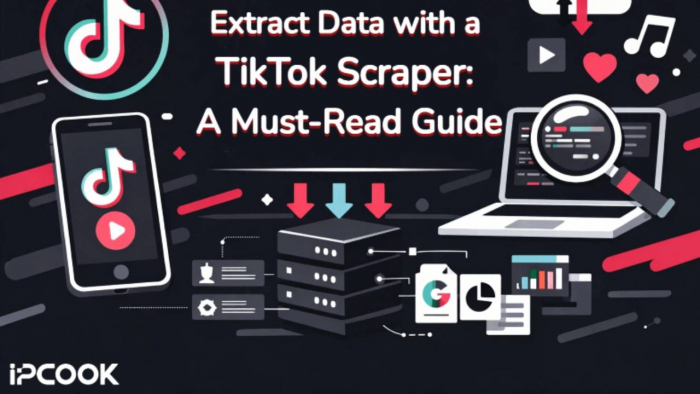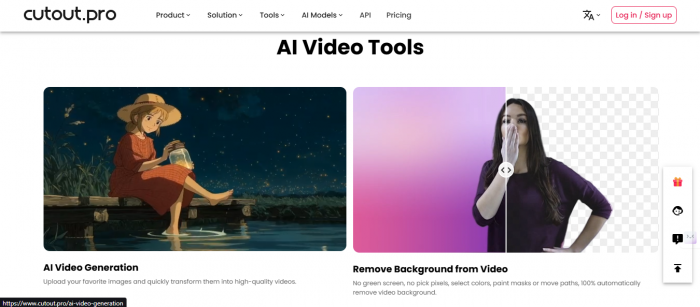MTV died. YouTube rose. Celebrity culture? Different now. The shift happened in teenage bedrooms worldwide and nobody noticed. Down came the musician posters, leaving faded rectangles like archaeological evidence. Kids rooted themselves in desk chairs like saplings, eyes welded to screens showing strangers playing video games. Another passing fad, adults said. Advertisers looked past it. Record labels? Got blindsided completely.
A decade passes. Bedroom broadcasters pack stadiums wall-to-wall with screaming fans. Multi-million dollar endorsement deals. Forbes covers. Traditional celebrities chase partnerships because they need the audiences. Kids streaming from cramped apartments, faces lit by monitor glow like modern campfires, changed entertainment.
Anyone Could Broadcast
Television? Expensive equipment required. Radio? Government licenses. Publishing? Gatekeepers everywhere. Gaming content needed what exactly? A webcam and mediocre internet. Twitch launched in 2011 as a Justin.tv spinoff. YouTube already existed but focused on pre-recorded videos. Twitch gambled everything on live content, specifically gaming.
The timing clicked. Gaming was shedding its basement-dwelling stereotype like old skin. Minecraft exploded across elementary schools, League of Legends turned competitive, Call of Duty tournaments drew actual crowds. People wanted to watch rather than play. An industry crystallized from nothing, solid where there'd been vapor.
Garbage-tier video quality defined early streamers. Video so grainy it looked like security footage. Microphones buzzing like angry wasps. Chat windows blocking half the gameplay. Did viewers care? Not even slightly. Polish competed against personality and got destroyed. Stars emerged from the static, mirror images of their audiences rather than polished Hollywood products.

The Parasocial Relationship Economy
Movie stars can't interact the way streamers do. Streamers feel close, immediate, right there with you. Chat scrolls constantly. Donations trigger flashy alerts with sound effects. Subscribers get custom emotes. Thousands watching at once, yet that intimate feeling persists like a shared secret. Traditional celebrities can't create loyalty this ironclad.
Eight-hour viewing sessions become routine, like shifts at a job you enjoy. Discord servers buzz with inside jokes. People buy merchandise supporting someone they've never met but somehow know everything about. Viewers know their favorite streamer's sleep schedule, breakfast preferences, relationship drama. Normal fan relationships keep distance. Streamers torch that boundary until nothing remains but ash.
Psychology explains some of it. Humans crave connection like food. What does streaming offer? Something that feels like friendship without asking anything back. No demands. No work required. You can "hang out" with someone entertaining while giving nothing except your presence. Critics call it fake. Streamers call it community. Viewers don't care what anyone calls it.
Gaming Genres That Built Empires
Battle royales exploded streaming numbers overnight. Fortnite turned streamers into household names. Ninja showed up on mainstream talk shows. Drake hopped into streams with gaming personalities. Gaming stopped being niche. Parents recognized the game their kids obsessed over.
Tactical shooters like Counter-Strike and Valorant carved out different space. War games online pulled in viewers who loved watching impossible skill on display. Someone pulling off a perfect strategy that casual players can't even understand? Entertainment beyond just liking the person's personality. Competitive play birthed esports with prize pools hitting seven figures. Support ecosystems grew around top players. Gaming transformed into legitimate sport, shedding its hobby skin for an athlete's uniform.
Some audiences wanted variety content instead. Streamers playing weird indie games, creating art live, just talking about whatever came to mind. The platform grew beyond gaming. Just Chatting sits as one of Twitch's most-watched categories. Gaming built the audience but personality kept people watching.
How Streaming Leaked Into Everything
Equipment mattered less than most people thought. A decent microphone, reliable internet, basic lighting. Simple gear beat expensive equipment paired with zero personality. Some top streamers kept their grainy webcams on purpose. Showing up every day mattered more than broadcast-quality video.
Software became the real battleground. OBS Studio turned into the standard tool everyone fought with. Getting everything smooth. Making sure your face didn't cover the gameplay. Keeping alerts from killing the stream. Hours vanished into tweaking settings. Some streamers disappeared for days. Others hired people who understood the technical side. The best extensions for chrome games helped keep everything running mid-game.
Money came fast but in strange ways, like water finding cracks in concrete. Subscriptions? Steady monthly income. Donations jumped when streamers had emotional moments or pulled off crazy plays. Sponsorships brought serious money but demanded awful ad reads mid-stream. Streamers walked a tightrope between cashing in and staying real. Some sold out hard. Others made it work perfectly.
Twitch ran things early with its purple branding. YouTube Gaming launched trying to compete. Mixer threw money at exclusive contracts. Facebook Gaming used its billions of users as bait. Viewers hated following creators across platforms.
Exclusivity deals changed everything. Mixer paid Ninja tens of millions. Other streamers followed the payday. Months later? Mixer shut down completely. The contracts looked stupid but showed how bad companies wanted streaming talent.
Platform rules shaped content in ways nobody expected. Twitch's copyright takedowns sent music-loving streamers into panic mode. YouTube's copyright system frustrated creators but felt predictable. Each platform grew its own culture. Twitch became gaming's natural home. YouTube became the content hub. Pick the wrong platform? Career over.
Cultural Impact Beyond Gaming
Streamers drove fashion trends nobody saw coming. Viewers copied their setups. Bought the same keyboards. Wore the same merchandise. RGB lighting spread everywhere. Teenage bedrooms glowing like cyberpunk nightclubs. Corporate offices where executives put colorful LEDs. Marketing directors who'd never touched a controller sat in gaming chairs for Zoom calls. The line between gamer aesthetic and tech culture evaporated like morning dew under stadium lights.
Streaming changed how people talk. Poggers, pepega, malding didn't stay in chat windows. Kids started using emote names in regular conversations. Twitch chat vocabulary bled into text messages, social media, everywhere. The slang created a linguistic fault line nobody saw forming.
Charity streams pulled numbers that embarrassed traditional fundraising professionals. Streamers ran forty-eight-hour marathons, surviving on energy drinks and viewer guilt. Chat turned donations into competitions. St. Jude, Extra Life, smaller organizations nobody knew suddenly found a bizarre pipeline. Teenagers watching Fortnite beat corporate fundraising events.
Streaming opened up mental health conversations. Anxiety attacks happening live. Depression keeping people offline for weeks. Burnout forcing creators to walk away from six-figure incomes. People talked openly without scripts. The vulnerability cracked open a door that had been rusted shut. Watch someone break down twelve hours into a stream? Thousands of strangers feel like they need to check in. One-sided friendships created room for hard conversations. Does it help people or just use their emotions? Still gets argued about.
Corporate Money Shows Up
Talent agencies started signing streamers like athletes. CAA and UTA opened gaming divisions. Contracts got complicated fast. Who gets which revenue stream? Where can someone broadcast? Who owns the content? Lawyers who'd handled Hollywood actors found themselves reading Twitch's terms instead. The wild west era died its final death. Corporate machinery swallowed the indie chaos whole.
Creator burnout hit everywhere like a virus nobody could inoculate against. Streaming eight hours daily destroyed any line between work and life. Chat expected you online constantly. Disappear for three days? Viewers moved to someone else. The grind broke people regularly. Some walked away at their peak. Others fell apart on camera.
Worker protections fell way behind the money. Streamers worked as independent contractors. Carpal tunnel from ten-hour sessions? No health insurance. Retirement? Whatever you saved. Job security? Zero, especially when platforms changed rankings overnight. The shaky ground underneath subscriber counts became a thin sheet of ice over freezing water.
Colleges started recruiting kids who were good at CS:GO with scholarship offers. Streaming turned into something you could mention at Thanksgiving without triggering eye rolls. Kids wasting time on games? Not what people were watching. Legitimate entertainment competing with television and film.
The Permanent Shift
Bedroom streamers permanently changed how entertainment reaches audiences. What did they prove? That people wanted authenticity over production budgets, connection over celebrity distance, interaction over passive viewing. Traditional media companies scrambled to catch up, buying platforms or hiring streamers.
Streaming went mainstream. Better cameras. Faster internet. Slicker interfaces. Viewer counts beat cable networks during prime time. Revenue figures make media executives nervous. Streamers aren't filling space until rockstars reclaim their throne. They redefined what celebrity means for people who grew up digital-native, redrawing the map entirely. Bedroom setups launched an industry that changed culture at its core.
Post Comment
Be the first to post comment!





